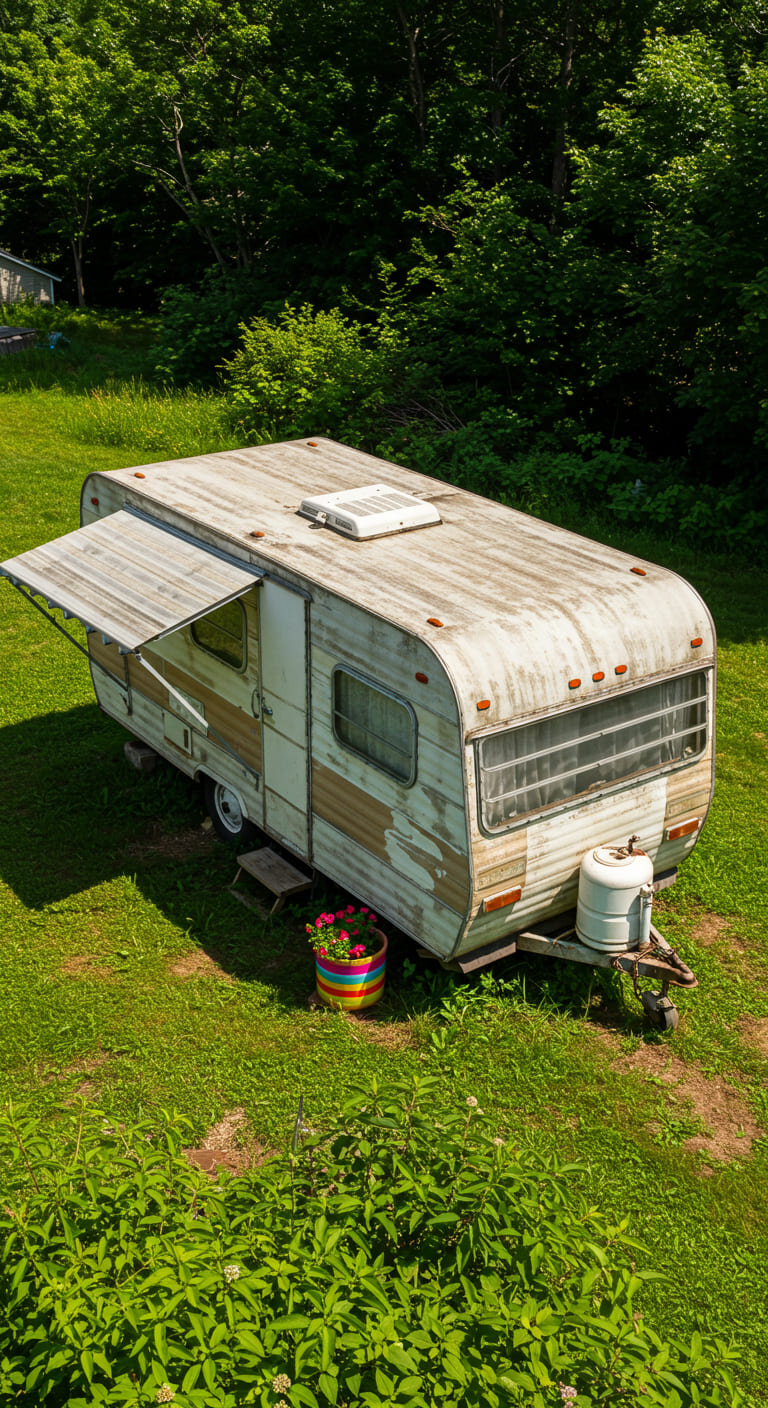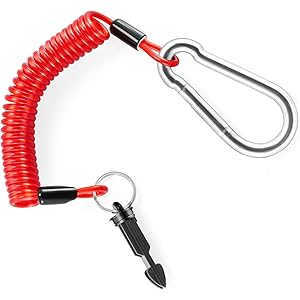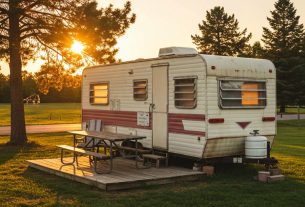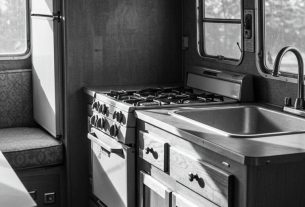As I embark on my journey towards homeownership, I often find myself pondering the many intricacies involved in purchasing a mobile home. One of the most pressing questions for many, including myself, is: how much is required for a down payment on a mobile home? This question is crucial, as it sets the stage for financial planning and helps me determine the feasibility of my dream. In this article, I will explore the various factors influencing down payments for mobile homes, provide insights into financing options, and share tips that can help anyone considering this worthwhile investment.
Understanding Mobile Home Financing
Before diving into the specifics of down payments, it’s important to grasp the unique landscape of mobile home financing. Unlike traditional homes, mobile homes are often financed differently due to their classification as personal property rather than real estate. This distinction can significantly impact the required down payment.
Types of Mobile Homes
When discussing down payments, it’s essential to understand the two primary types of mobile homes:
- Single-wide homes: These are typically smaller and more affordable, often measuring under 1,000 square feet.
- Double-wide homes: These offer more space and comfort, usually measuring between 1,000 and 2,200 square feet.
The type of mobile home I choose to purchase will directly affect my financing options and down payment requirements.
What is a Typical Down Payment for a Mobile Home?
One of the most common questions I encounter is regarding the typical down payment percentage required for a mobile home. Based on my research and discussions with financial advisors, I’ve found that down payments for mobile homes generally range from 5% to 20% of the purchase price. However, several factors influence this range:
1. Loan Type
The type of loan I choose will significantly impact my down payment. Here are some common loan options:
- Chattel loans: These are personal property loans specifically for mobile homes. Down payments can range from 5% to 20%.
- FHA loans: The Federal Housing Administration offers loans for manufactured homes, requiring as little as 3.5% down.
- VA loans: For eligible veterans, the Department of Veterans Affairs provides loans with no down payment requirement.
2. Credit Score
My credit score plays a crucial role in determining the down payment. A higher credit score often translates to lower down payment requirements. For instance:
- Scores above 700 may qualify for lower down payments (around 5%).
- Scores between 600 and 700 might see requirements closer to 10%.
- Scores below 600 could face down payments exceeding 20%.
3. Lender Requirements
Every lender has different policies, and some may require a larger down payment based on their assessment of risk. This is something I plan to discuss directly with potential lenders during my research phase.
Calculating Down Payments: A Practical Example
To give a clearer understanding, let’s consider a hypothetical scenario. Suppose I find a double-wide mobile home priced at $100,000. Based on the loan type and my credit score, my down payment options might look like this:
- Chattel loan (5% down): $5,000
- FHA loan (3.5% down): $3,500
- VA loan (0% down): $0
This example illustrates how varying down payment requirements can make homeownership more accessible, depending on my financial situation.
Exploring Down Payment Assistance Programs
As I navigate the world of mobile home purchases, I’ve discovered that down payment assistance programs can be a valuable resource. These programs are often designed to help first-time buyers like me with the financial burden of a down payment. Here are a few options I plan to explore:
- State and local programs: Many states offer grants or low-interest loans to assist with down payments.
- Non-profit organizations: Groups such as Habitat for Humanity provide support and guidance for prospective homeowners.
- Employer assistance: Some employers offer down payment assistance as part of their benefits package.
Researching these programs can potentially reduce my out-of-pocket costs significantly.
Advantages and Disadvantages of Low Down Payments
While the prospect of a low down payment can be enticing, I realize there are pros and cons to consider. Here’s what I’ve found:
Advantages
- Lower upfront costs: A smaller down payment allows me to conserve cash for other expenses.
- Accessibility: Low down payments can make mobile home ownership more attainable for those with limited savings.
- Investment opportunities: With less money tied up in a down payment, I can invest in renovations or other financial opportunities.
Disadvantages
- Higher monthly payments: A lower down payment usually results in a larger loan amount, leading to higher monthly payments.
- Private mortgage insurance (PMI): Depending on the down payment amount, I may be required to pay PMI, adding to my monthly costs.
- Equity building: With a smaller down payment, it may take longer to build equity in my mobile home.
Weighing these pros and cons is essential to make an informed decision about my down payment strategy.
Strategies for Saving for a Down Payment
As I prepare to purchase my mobile home, saving for a down payment is a top priority. Here are some effective strategies I am considering:
- Create a budget: Establishing a monthly budget helps me identify areas where I can cut back and save more for my down payment.
- Set specific goals: I plan to determine a target amount to save each month to stay on track.
- Open a dedicated savings account: Having a separate account for my down payment can help me avoid spending those funds.
- Consider side gigs: I might explore freelance or part-time work to increase my income and boost my savings.
Implementing these strategies can make the down payment process less daunting and more achievable.
Conclusion: Taking the Next Steps Towards Homeownership
As I reflect on the journey of purchasing a mobile home, understanding the down payment requirements has been enlightening. With various factors influencing the down payment, I am now better equipped to make informed decisions. Whether it’s exploring loan options, leveraging down payment assistance programs, or saving strategically, every step counts toward my goal of homeownership.
In summary, the key takeaways regarding down payments on mobile homes are:
- Down payments typically range from 3.5% to 20% depending on the loan type and my credit score.
- Exploring down payment assistance programs can significantly alleviate financial burdens.
- Weighing the advantages and disadvantages of low down payments is crucial for long-term financial health.
I encourage anyone considering a mobile home purchase to do thorough research and explore all available options. If you found this article helpful, please share it with friends and on social media! Additionally, sign up for our newsletter to stay updated on all things related to mobile home ownership.
FAQ
1. What is the minimum down payment for a mobile home?
The minimum down payment for a mobile home can be as low as 3.5% with an FHA loan, while other options may require 5% to 20% depending on the loan type and lender requirements.
2. Can I buy a mobile home with no down payment?
Yes, if I qualify for a VA loan, I may be able to purchase a mobile home with no down payment.
3. Are there down payment assistance programs for mobile homes?
Yes, various state and local programs, as well as non-profit organizations, offer down payment assistance specifically for mobile home buyers.
4. How can I improve my credit score to qualify for a lower down payment?
Improving my credit score can involve paying down debts, making timely payments, and avoiding new credit inquiries. Regularly checking my credit report for errors can also help.
5. What are the benefits of a larger down payment?
A larger down payment can lead to lower monthly payments, reduced interest rates, and the elimination of private mortgage insurance (PMI), resulting in significant savings over time.
JUSTTOP 6FT Breakaway Trailer Cable,Heavy Duty Stainless Steel Spring Towing Coiled Wire,Emergency Brake Wire Camper Safety Breakaway Cable with Pin,RV Trailer Accessories
$6.39 (as of November 15, 2025 07:52 GMT -03:00 - More infoProduct prices and availability are accurate as of the date/time indicated and are subject to change. Any price and availability information displayed on [relevant Amazon Site(s), as applicable] at the time of purchase will apply to the purchase of this product.)
Sign up for our newsletter and stay up to date with exclusive news
that can transform your routine!





